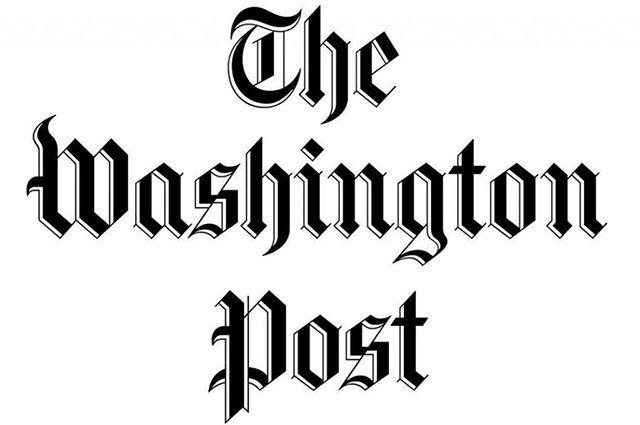-

Hear from Professor Monica Toft
Learn how Professor Monica Toft is shaping the study of global affairs and diplomacy at Fletcher.
Hear from Prof. Toft -

Explore Fletcher academics in action
Fletcher Features offers insights, innovation, stories and expertise by scholars.
Get global insights -
Get application tips right from the source
Learn tips, tricks, and behind-the-scenes insights on applying to Fletcher from our admissions counselors.
Hear from Admissions -

Research that the world is talking about
Stay up to date on the latest research, innovation, and thought leadership from our newsroom.
Stay informed -
Meet Fletcherites and their stories
Get to know our vibrant community through news stories highlighting faculty, students, and alumni.
Meet Fletcherites -

Forge your future after Fletcher
Watch to see how Fletcher prepares global thinkers for success across industries.
See the impact -

Global insights and expertise, on demand.
Need a global affairs expert for a timely and insightful take? Fletcher faculty are available for media inquiries.
Get in Touch
The norms on mask-wearing need to shift
Dan Drezner offers a meditation on post-covid behavior, via his op-ed in The Washington Post.

In the spirit of full disclosure, let me confess that I hate wearing a mask. It is not because of government mandates or covid-19 skepticism; the science on mask-wearing in indoor, poorly ventilated spaces is clear. I also wear glasses, however, and even the best masks inevitably lead to some fogging up of my lenses. I really prefer being able to see if I’m out in the world.
Since April of last year, my default has been to not wear a mask when outside walking my dog. Of course, if anyone started approaching me, I would immediately mask up (or, if I forgot to bring one, get the heck out of the other person’s way). Experts knew early on that the risk of catching the coronavirus from brief outside interactions was rare. Mostly, I was putting the mask on to alleviate the concerns of my Massachusetts neighbors.
Another confession: I cannot shake the hygiene theater impulse. It was clear last summer that the coronavirus was highly unlikely to spread via fomites. This month, the Centers for Disease Control and Prevention finally acknowledged that catching the coronavirus via contaminated surfaces was unlikely and that costly “deep cleaning” was no longer necessary.
Still, when I go to the supermarket, do I wipe down the handle to my shopping cart? Yes, yes I do. I am embarrassed to say it makes me feel better even though I know that it does not appreciably affect my chances of contracting the disease.
I bring these behavioral quirks up because the United States is either approaching or has gone past the point where mask-wearing outside is unnecessary. Zeynep Tufekci has been banging this drum for quite some time. Last week, Slate’s Shannon Palus wrote, “now, as we’ve come to know more about the virus, as vaccinations are ramping up, and as we’re trying to figure out how to live with some level of COVID in a sustainable way, masking up outside when you’re at most briefly crossing paths with people is starting to feel barely understandable.”

